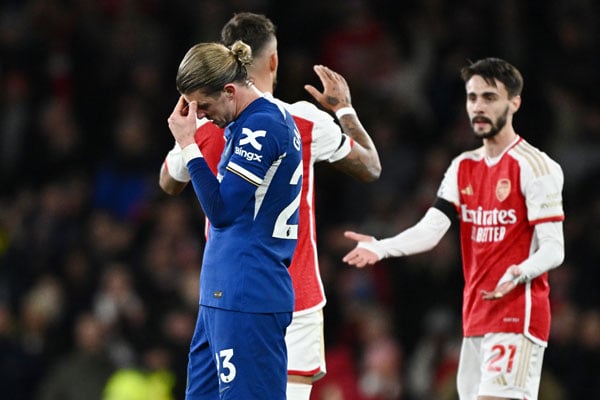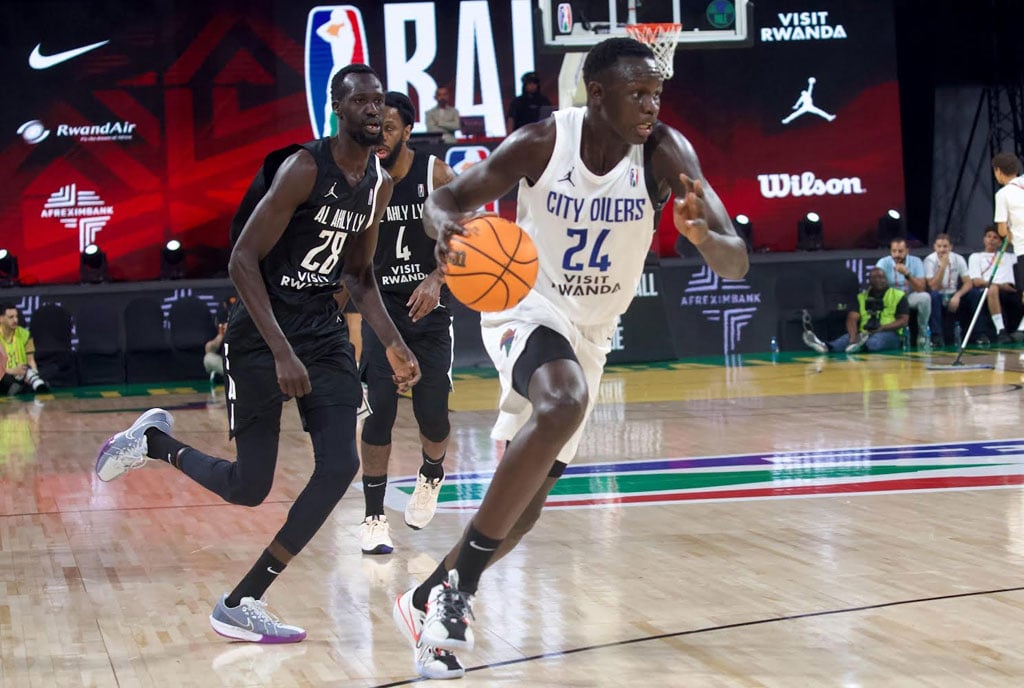Why Africa’s representatives should be prepared to “suffer” at Fifa World Cups

ROBERT MADOI
What you need to know:
emarkably, this turned out—fatally, it must be added—something Aliou Cissé thought beneath his dignity. Rather than “suffer”, Senegal opted with—it must be added—such a degree of equanimity to match England. This ultimately turned out to be the proverbial white whale.
Seven wins and counting. Six clean sheets and counting. Subjugations of the world’s top two sides—Brazil and Belgium. The prize scalp of the defending champion—France—well and truly claimed. A quarterfinal berth and the possibility of bettering it.
Statistically speaking, the nuanced and refreshingly modern performances most of her representatives dropped in Qatar have made this Africa's best World Cup yet.
After being plaintively addressed by many—including your columnist—before a ball was kicked, the continent has proved inexhaustible to itself as a subject at the ongoing global football showpiece. What it has tucked under its belt are more than incremental gains on the horror show at Russia 2018.
The legend will grow that bit more if Morocco see off Portugal in Sunday’s quarterfinal. By all accounts, Qatar 2022 is a drum Africa must beat unapologetically. For a continent that is accustomed to giving every impression of being unfailingly modest and understated, this new disposition must feel odd.
Rather than prompt bouts of complacency, African countries should log at the back of their minds the fact that there's work to be done. More than anything, countries on the continent should interest themselves—deeply—in how Morocco has gone about business in Qatar. The Atlas Lions are, after all, responsible for the two wins and three clean sheets Africa has mustered in the desert.
There’s something extraordinarily immediate and intimate about the way Walid Regragui’s charges have been able to maintain a watertight shape in Qatar. Their performances offer wide perspectives on the role and the power of “suffering” for results.
The contrast between their round of 16 penalty shootout win over Spain and the hiding Senegal suffered at the hands of England underscores this point.
The Lions of Teranga displayed a penchant for aggression quite at odds with the prevailing form book. The form book (never mind that it has been shredded a few times in the desert!) dictated that Senegal be ready to “suffer”—as the Atlas Lions did against Spain—for large spells of the match.
Remarkably, this turned out—fatally, it must be added—something Aliou Cissé thought beneath his dignity. Rather than “suffer”, Senegal opted with—it must be added—such a degree of equanimity to match England. This ultimately turned out to be the proverbial white whale.
To his lasting regret, Cissé spoke post-match about not being a little tighter at the back after shipping seven goals in the tournament.
“Senegal's strength before the World Cup was our defensive set-up,” he said, adding, “The fact we have let in a lot of goals at this tournament is difficult to explain. We are going to have to look at that.”
Which is just as well. If it needs to be spelled out, “suffering” has got to be the name of the game since African countries are destined to meet superior opposition at the big time. Victories won’t fall in their laps at the World Cup. No. They simply have to replicate the Morocco template—give away a few chances by maintaining an impregnable shape, and hope for either a moment of brilliance or a breakaway goal.
Tunisia and Cameroon banked on this during their identical 1-0 wins over France and Brazil respectively. The matches might have been dead rubbers for the titans, but such is their strength in depth that they still fielded competitive XIs.
“Suffering” is of course easier said than done. But if Qatar 2022 has taught us anything, it is how this art should be indispensable to the trade of Africa's World Cup representatives.




